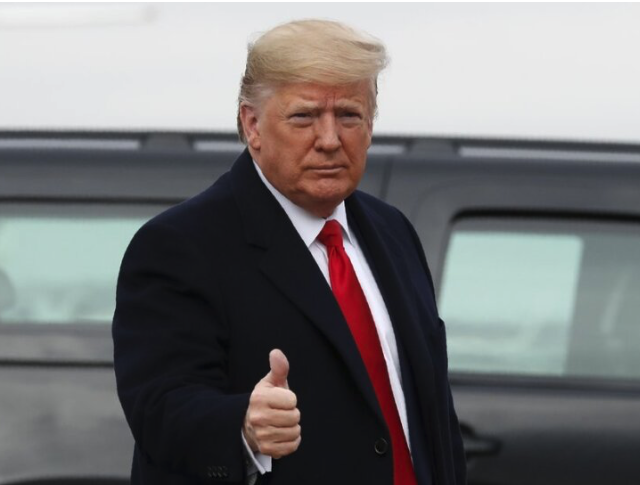The U.S. Supreme Court, through Chief Justice John Roberts, temporarily halted a federal judge’s order that would have required the Trump administration to release approximately $2 billion in foreign assistance funds by midnight on Wednesday. The decision came after the administration filed an emergency appeal, arguing that the lower court’s ruling imposed an unrealistic deadline and overstepped executive authority in managing foreign aid.
Roberts, who oversees emergency requests from cases arising in the District of Columbia, issued the stay late Wednesday, effectively pausing the order issued by U.S. District Judge Amir Ali. Ali’s ruling had mandated the State Department and the U.S. Agency for International Development (USAID) to release funds for projects that had been completed before February 13. The administration objected, stating that it was conducting an “individualized review” of contracts and that the required payment process was complex and time-consuming.
The Trump administration had first sought relief from the U.S. Court of Appeals for the District of Columbia Circuit before escalating the matter to the Supreme Court. The appellate court had not ruled on the emergency request by Wednesday evening, prompting the administration to seek intervention from Roberts. After the Supreme Court accepted the case, the appeals court declined to issue a stay, ruling that Ali’s orders were not subject to appeal.
The administration argued in its appeal that Ali’s decision intruded into the president’s constitutional responsibilities under Article II, which grants the executive branch broad authority over foreign affairs and budgetary decisions. “This new order requiring payment of enormous sums in less than 36 hours intrudes deeply into the prerogatives of the Executive Branch and the president’s obligation under Article II to take care that the laws are faithfully executed,” administration officials wrote in their filing.
Peter Marocco, the director of foreign assistance at the State Department, submitted a declaration outlining the process of reviewing foreign aid contracts, describing it as a “cumbersome, multi-step process.” He cautioned that compliance with the judge’s order would require immediate disbursement of significant funds without adequate assessment.
Roberts’ decision allows the administration to withhold the funds while legal arguments continue. He set a Friday deadline for opposing parties to respond, meaning the hold could be temporary depending on further Supreme Court action. However, the intervention signals potential scrutiny over the lower court’s authority to mandate executive branch spending decisions.
BREAKING: Supreme Court Chief Justice John Roberts grants the Trump administration’s request for a stay, putting a hold on U.S. District Court Judge Amir Ali’s ruling requiring the federal government to pay nearly $2B to foreign aid groups.
Chief Justice Roberts issued the… pic.twitter.com/WPA4i63PMR
— RedWave Press (@RedWave_Press) February 27, 2025
Legal analysts have noted that the case raises significant questions about judicial oversight of foreign aid distribution, particularly in instances where a court’s ruling directly affects the president’s ability to manage international agreements and expenditures. Some experts suggest that Roberts’ swift response indicates concerns about the broader implications of judicial intervention in executive policy-making.
The Trump administration has undertaken a large-scale restructuring of USAID and other foreign assistance programs, aiming to reduce spending and redirect resources toward initiatives it deems essential to U.S. interests. The administration announced plans to eliminate over 90% of USAID’s contracts and cut $60 billion in global aid, marking a significant shift from previous policies that framed foreign assistance as a tool for economic stability and international diplomacy.
The Supreme Court’s review of the case could determine whether lower courts have jurisdiction to impose such payment mandates on the executive branch. Potential outcomes include allowing the administration to proceed with its planned foreign aid reductions, requiring the payments to be made on a more flexible timeline, or dismissing the lower court’s intervention altogether.
The decision also comes amid ongoing legal challenges against the administration’s foreign aid policies, as advocacy groups and contractors seek to preserve funding commitments. The Supreme Court’s handling of this case could set a precedent for future disputes regarding executive authority over federal spending.




